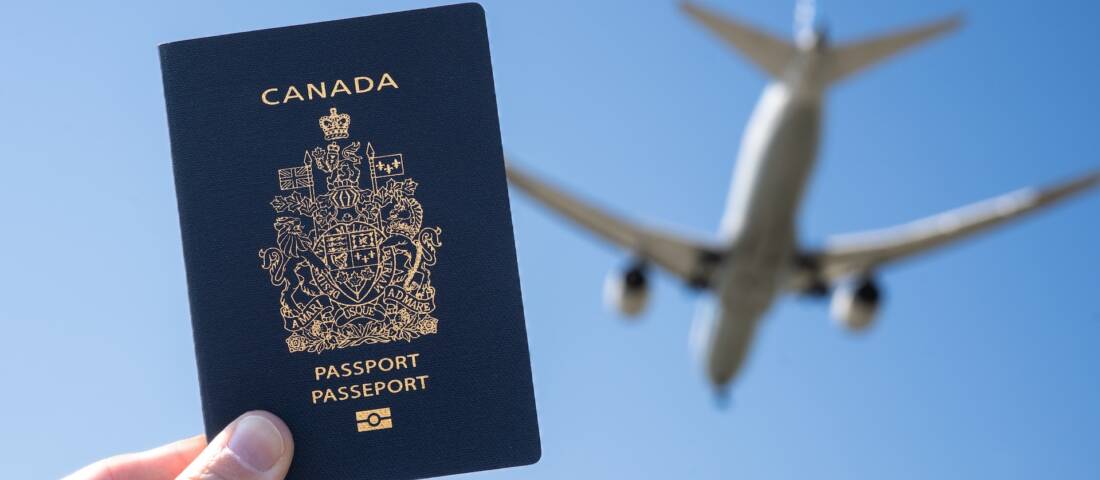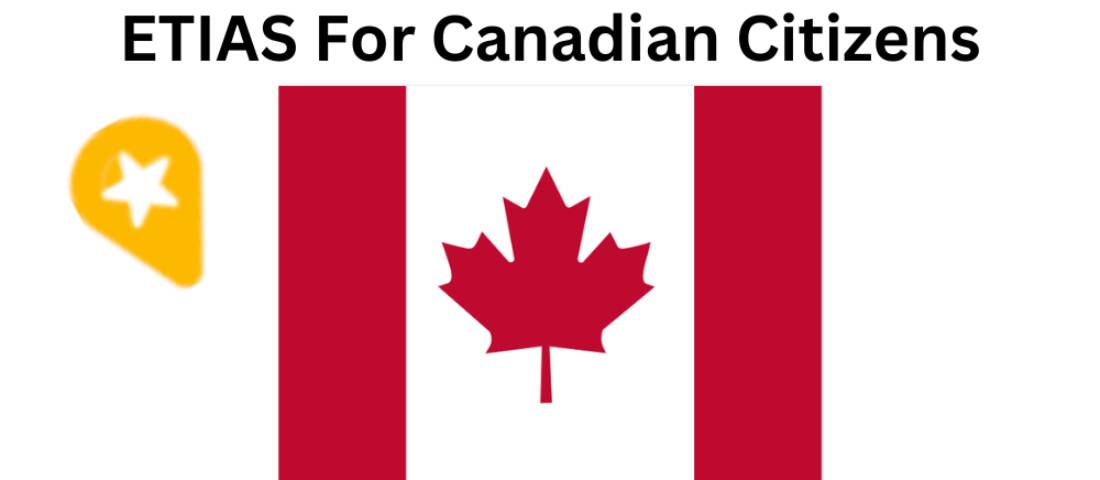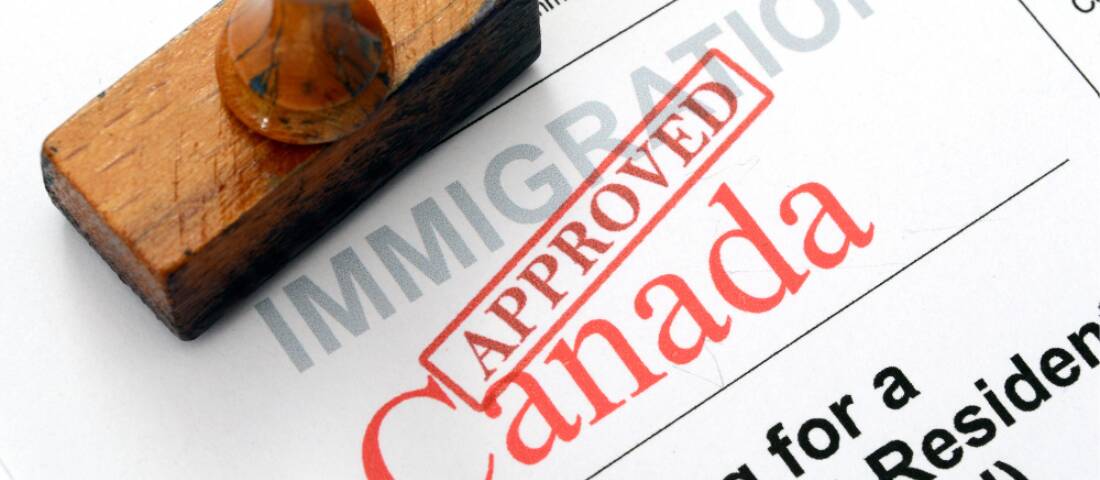Navigating cross-border travel can be challenging, but even more so if you have a criminal record. Whether for business, family or personal reasons, entering Canada or the United States with a criminal conviction on your record often requires careful planning, documentation, and legal assistance. At Ackah Law, our goal is to help you overcome these challenges and smooth your way into Canada or the United States. With over 25 years of experience, we have seen how criminal inadmissibility can affect travelers and how it can even limit your professional options. This guide will help you understand the implications of criminality and the processes involved in entering either country with a criminal record.
Criminal Inadmissibility: A Common Challenge
One of the most common issues travelers face when crossing the border between Canada and the United States is criminal inadmissibility. Both countries take criminal records seriously, and even minor offenses from years ago can create hurdles for entry. What may surprise many is that border officers in both countries can deem individuals inadmissible for even minor old convictions, such as a DUI, marijuana possession or shoplifting.
Historically, the U.S. and Canada did not share as much information regarding criminal records. However, advances in technology and information sharing agreements have changed that, making it easier for border officers to access individuals' criminal histories electronically. This means that a criminal record from decades ago, even for a minor offense, can now be flagged at the border and lead to denial of entry.
Crossing into Canada with a Criminal Record
If you are trying to enter Canada with a criminal record, whether from the U.S. or another country, the Canadian government has specific rules about admissibility. Offenses such as DUI, theft and assault are common reasons individuals are denied entry. Here’s how Canadian authorities assess criminal inadmissibility:
- Nature of the Offense: The type of criminal offense matters. For example, Canada classifies DUI as a criminal offense, and even though it may be considered a traffic violation in some countries, it is treated more seriously in Canada.
- Time Passed Since the Offense: If your conviction occurred more than five years ago, you may be eligible to apply for criminal rehabilitation. If more than ten years have passed and no further offenses have occurred, you may be considered rehabilitated by the passage of time, meaning your inadmissibility is essentially waived.
- Temporary Resident Permit (TRP): If you need to enter Canada urgently and are not eligible for criminal rehabilitation, you may apply for a Temporary Resident Permit (TRP). This permit allows individuals with a criminal record to enter Canada for a specific period, but it requires a compelling reason, such as work or family matters.
Processing for a TRP can take several months, so it’s crucial to plan in advance. TRPs are issued on a case-by-case basis, and the process involves providing detailed documentation, including police certificates, reference letters, and proof of rehabilitation.
- Deemed Rehabilitation: For minor offenses like a single DUI, Canada allows for deemed rehabilitation after five to ten years. This process, which may be available at the airport or border crossing, involves showing that the individual has been rehabilitated and poses no risk to Canadian society.
Entering the United States with a Criminal Record
If you are a Canadian or any other foreign national trying to enter the United States with a criminal record, the process is similarly stringent. However, there are important differences:
- Waivers of Inadmissibility: In the U.S., individuals with a criminal record can apply for a waiver of inadmissibility. The application process is detailed and often requires the help of a legal professional. The waiver is submitted along with documentation explaining the circumstances of the conviction, any efforts toward rehabilitation, and the reason for travel. It also requires supporting documents like police certificates, court records, reference letters and proof of rehabilitation.
- Processing Time: Waivers can take four to six months to process, meaning it’s critical to apply well in advance if you need to travel to the United States. Unlike Canada, there is no way for a criminality issue to ever go away when one is trying to enter the U.S. There is sense of criminal rehabilitation in the U.S. for temporary travel.
- Frequent Issues: Individuals who may have been traveling between the U.S. and Canada without issue for years are now more likely to face problems due to enhanced information sharing. This is particularly common for travelers with old convictions, such as a DUI or drug possession from 20 or 30 years ago.
Steps to Overcome Criminal Inadmissibility
For both Canada and the U.S., overcoming criminal inadmissibility involves planning and preparation. Below are the steps you can take to enter either country with a criminal record:
1. Know Your Criminal History
The first step is to know exactly what is on your record. You can request police certificates or criminal background checks from local authorities to confirm whether any old charges or convictions might affect your ability to travel. In many cases, individuals forget about minor convictions or believe their records are cleared, only to be surprised when they are stopped at the border.
2. Consult with a Lawyer
If you believe your criminal record might prevent you from entering Canada or the U.S., it’s critical to consult with an experienced immigration lawyer. At Ackah Law, we specialize in handling cases of criminal inadmissibility and can help you navigate the complex legal procedures involved in applying for rehabilitation or a waiver.
3. Gather Necessary Documentation
Prepare all relevant documents, including:
- Court records and police reports
- Personal statements explaining the circumstances surrounding the offense
- Reference letters from employers, community leaders, or family members
- Proof of rehabilitation, such as evidence of community service, education, or other efforts to demonstrate that you are no longer a risk to society
- A recent police certificate to show that you have no additional criminal history
4. Apply for Rehabilitation or Waivers
Depending on your situation, you may apply for either criminal rehabilitation (in Canada) or a waiver of inadmissibility (in the U.S.). These applications can be time-consuming, so it is important to start the process well in advance of your intended travel date.
5. Be Honest with Immigration Officials
When completing immigration forms, such as the Electronic Travel Authorization (eTA) for Canada or a visa waiver application for the U.S., it is essential to be truthful. Even if you think your offense is minor or occurred long ago, failing to disclose a criminal record can lead to serious consequences, including permanent inadmissibility.
Conclusion
Entering Canada or the United States with a criminal record is challenging but not impossible. With the right legal assistance and preparation, many individuals are able to obtain temporary resident permits, waivers, or rehabilitation and successfully cross the border. At Ackah Law, we are committed to helping our clients overcome the obstacles of criminal inadmissibility, so they can focus on their work, family, and personal lives.
If you or someone you know is facing criminal inadmissibility, contact Ackah Law today. We will guide you through the legal process and help ensure a smoother path into Canada or the United States.








